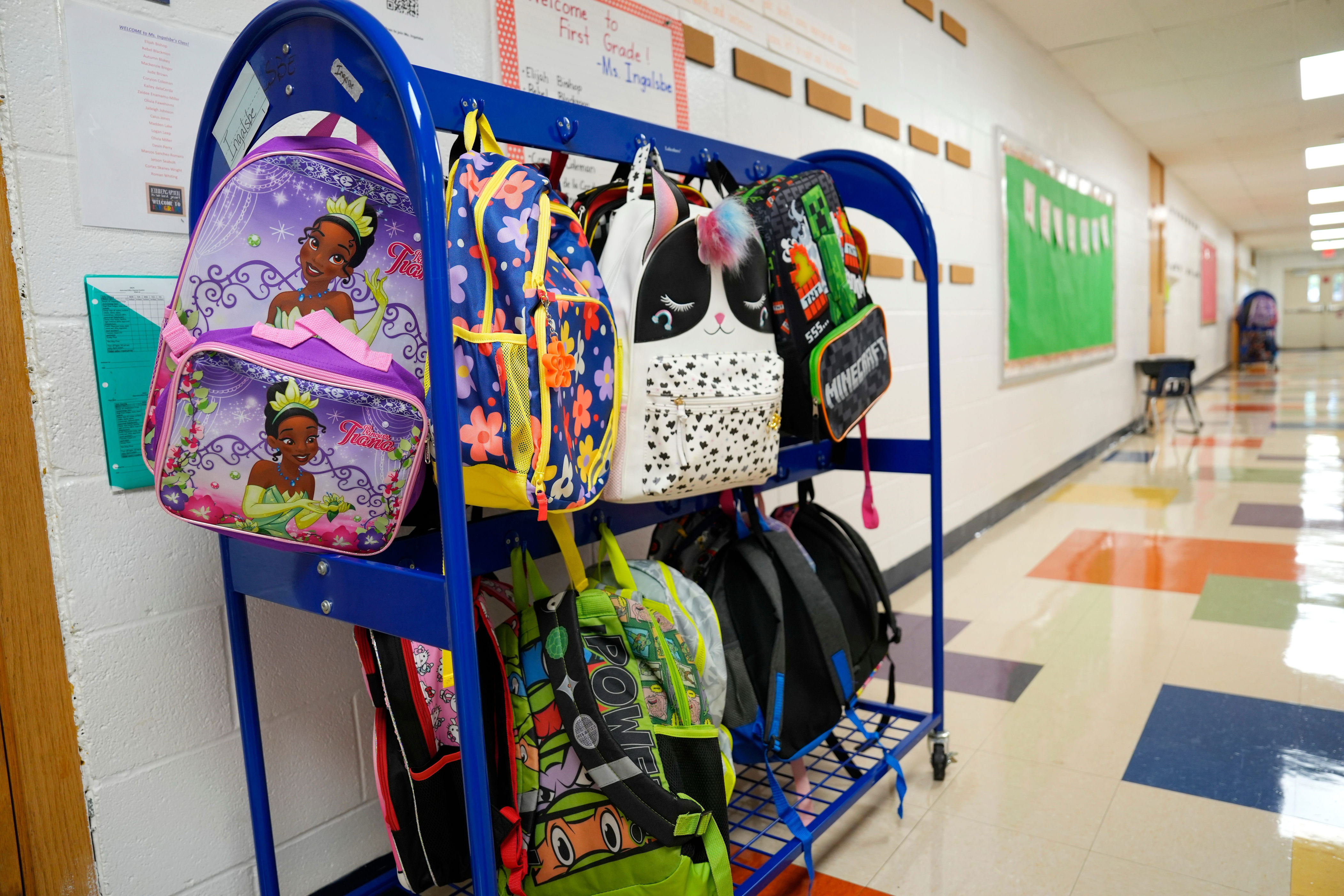
Trump Administration Unfreezes Over $5 Billion for Public Schools
After weeks of uncertainty, the Trump administration has announced plans to release more than $5 billion in federal funding for public schools. This decision comes after nearly a month of delays that left school leaders scrambling to manage their budgets and programs for the upcoming academic year.
The government had placed approximately $7 billion in funding under review on June 30, with $1.3 billion released last week. A senior administration official confirmed that the remaining funds will now be unfrozen, though details about how they will be distributed remain unclear. The official spoke on condition of anonymity, as they were not authorized to speak publicly.
Rep. Don Bacon (R-Nebraska) confirmed the move on social media, stating that he had been advocating for the release of the funds. “Exciting news to announce! All frozen education funding for the upcoming school year have been released,” he wrote on X.
Lawmakers from both parties had pushed for the release of the money, which supports six key grant programs. These include English-language learning initiatives, teacher training, support for children of migrant workers, and academic enrichment activities. The freeze was also being challenged in court by states and school districts.
States typically expect this funding to arrive on July 1, but instead, the Education Department notified them on June 30 that the money was under review for compliance with President Donald Trump’s priorities. The Office of Management and Budget reportedly investigated whether any of the grants had been used for a “radical left-wing agenda.”
The administration has stated that “guardrails” will be put in place to ensure the funds are not misused. However, it is still unclear what these guardrails will look like or when the money will actually reach school districts.
Public education advocates praised the release of funds but criticized the administration for withholding them in the first place. Sen. Patty Murray (D-Washington) called out the administration for creating a crisis and then only partially solving it. “You don’t thank a burglar for returning your cash after you’ve spent a month figuring out if you’d have to sell your house to make up the difference,” she said in a statement.
This latest move is part of the Trump administration's broader effort to reduce federal involvement in K-12 education. Since taking office, the administration has directed the education secretary to explore shutting down the Education Department and transferring its responsibilities to other agencies. The department has also canceled billions in K-12 grants and plans to cut its workforce by half.
Education Secretary Linda McMahon addressed the issue at the National Governors Association summer meeting, calling the funding freeze part of the “transition aspect” for a new administration. She emphasized that the Office of Management and Budget needed time to review all programs before releasing the funds.
A group of 24 states and the District of Columbia recently sued the Trump administration over the freeze, arguing that it violated the Constitution and federal law. Another lawsuit was filed by school districts, parents, teachers unions, and nonprofits. More than 200 superintendents had also visited Capitol Hill to plead their case, urging the administration to release the funds.
Despite the partial release of $1.3 billion for after-school and summer programs, educators continued to push for the full amount to be restored. Skye Perryman, president of Democracy Forward, called the release a “major victory” but warned that school districts should not have to go to court to secure funding for students.
The original message from the Education Department stated that the funding was being reviewed due to the change in administrations. Later, an OMB spokesperson confirmed that the agency was investigating whether the funds had been used for purposes such as scholarships for undocumented immigrant students or teachings on LGBTQ+ topics.
The Democratic states that filed the lawsuit argued that the administration violated the Administrative Procedure Act by failing to provide a “reasoned explanation” for the funding review.
According to a mid-July survey by AASA, the School Superintendents Association, nearly three-quarters of superintendents said they would have to eliminate academic services if the remaining federal funding was not restored. Eighty-five percent reported having contracts that rely on these funds, while half said they would have to lay off staff and teachers without the money.
“We are pleased public schools will receive the funding as appropriated by Congress for the 2025-26 school year,” said David Schuler, executive director of AASA. “How disruptive withholding these funds would be for our nation’s students.”
In Marshalltown, Iowa, where many students are learning English, the school district faced severe financial challenges. Superintendent Theron Schutte described the situation as a “devastating blow” and expressed hope that the administration would reverse course.
As the funds are finally released, school districts across the country are relieved but remain cautious about future actions by the administration.